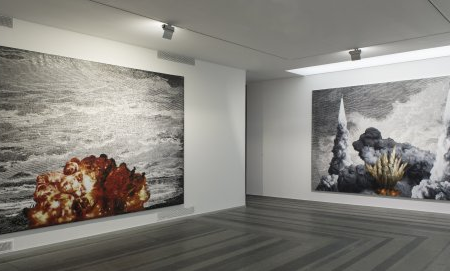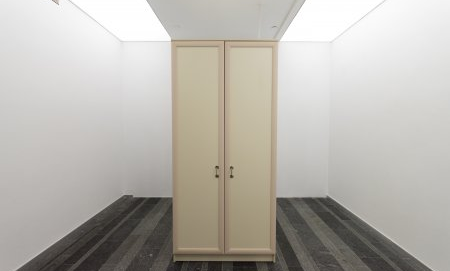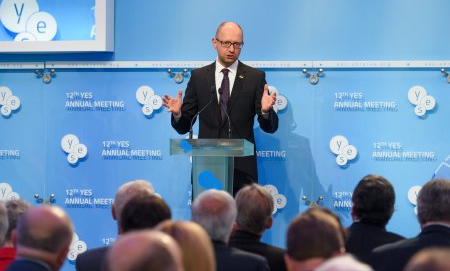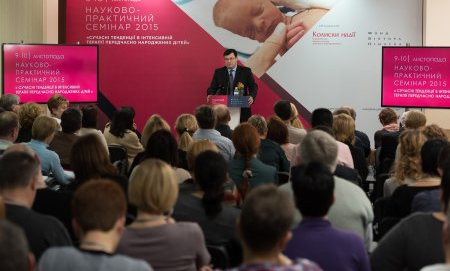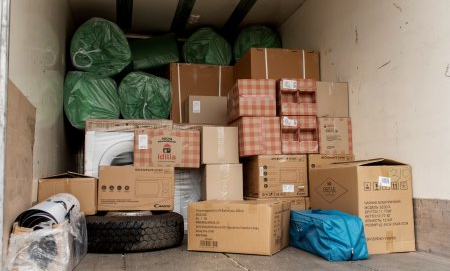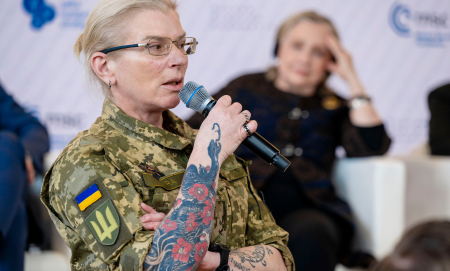News
Victor Pinchuk Foundation hosts Tribunals and Reparations: Making Justice Real Discussion on the occasion of WEF
On 18 January 2023, the Tribunals and Reparations: Making Justice Real discussion was held in Davos (Switzerland), organized by Victor Pinchuk Foundation. The event was held as part of the UKRAINE IS YOU project organized by the Victor Pinchuk Foundation and PinchukArtCentre in cooperation with the Office of the President of Ukraine. The project brings together global thinkers, experts and people from on the ground in Ukraine to discuss the assault on the country, Russian war crimes and also the hope and empowerment of defending freedom and independence.
Among the participants of the discussion were Andriy Yermak, Head of Office of the President of Ukraine (online); Egils Levits, President of the Republic of Latvia; Geoffrey Nice, ex-member of the International Criminal Tribunal for the former Yugoslavia; Janine di Giovanni, Executive Director, The Reckoning Project; Claus Kress, Professor for Criminal and Public International Law, Director of the Institute of International Peace and Security Law, University of Cologne, and Antoine Garapon, Head of the Commission for the Reparations of Victims, CORREF (Conference of Religions of France). The event was moderated by Kersti Kaljulaid, President of Estonia (2016-2021).
The panel started with a pre-recorded statement from Kyiv by Andriy Yermak: “We have registered 80,000 crimes committed by Russian invaders, over 9,000 civilians were killed, including 453 children. And these are only the cases established so far.”
He called for setting up a special international tribunal to investigate the crimes of Russia’s top political leadership in Ukraine: “Everyone who has and keeps committing crimes, will be held accountable. Justice is the key. The United Nations and General Assembly has already recognized Russia as an aggressor state. But we need to create a special international tribunal to punish Russia’s top political leadership that is guilty of the crime of aggression. Ukraine jointly with partner states is doing everything possible to reach this goal.”
Taking the floor, Egils Levits described international law as “imperfect law” as opposed to national law, however, he noted historical achievements, such as the Nuremberg trials, where criminals were punished for the crime of aggression after WWII. “This standard of international law should not be compromised now. We have encountered such a crime of aggression with the goal to eliminate another sovereign state for the first time since WWII,” he elaborated.
Latvian president backed Andriy Yermak’s idea on establishing a special tribunal for Russia’s war crimes, giving two reasons for that: “Not to allow backsliding of the achieved standard of international law. Because if we de facto accept that kind of behavior, this means that the prohibition of war would fall apart. And second, of course, is to provide justice in the specific case of Ukraine.”
Answering Kersti Kaljulaid’s question about which international body could bring Russia’s top leadership to responsibility, Geoffrey Nice said: “It is critical to determine where- and who is criminally liable,, including if it is so found, of Putin.” It doesn’t really matter who does this, he proceeded, “providing someone does it and does it soon”. “It has to be quick for several reasons: it has to be quick and definitive, just as Nuremberg was, and the Bosnian trials were not… And the crime of war crimes, including crimes against civilians, crimes against humanity, are simple, and we must not give in to the arguments of lawyers that it will take a long time, and that it is difficult - it’s not.” This would give impetus to “all the imperfect processes” of international law and deter people from committing similar crimes elsewhere, he opined.
“I firmly believe that whatever is done in terms of accountability should be done by Ukrainians, in Ukraine and in Ukrainian and Russian languages - not English. Not by internationals - they can advise, but don’t let them run it,” Geoffrey Nice stated. He gave two reasons for that: first, this would let Ukraine avoid international pressure on taking any decisions related to these trials, and second, probing the crimes committed on Ukrainian territory is Ukraine’s privilege and duty.
Antoine Garapon, in turn, said: “The next step would be to organize the mechanism for the day after. And the day after is reparations.”
Answering Kersti Kaljulaid’s question about why the international community is hesitating to bring Russians to accountability, Claus Kress said: “We have to be honest - this crime of aggression has been sidelined for many years. And that’s not Russia’s fault, this is the fault of many western states, who have tended to ignore this crime, and have focused exclusively on war crimes, crimes against humanity and genocide.”
He agreed with Geoffrey Nice’s point that Ukrainians should be the ones taking the lead in probing Russia’s crime of aggression, however, this can be hardly done on the national level, he opined: “What’s at the core of all the efforts about the crime of aggression is really to go after those at the Russian leadership level. But this is something that, at least in essential parts, the acting state president, the foreign minister, the head of the government, cannot be legally done on the national level for legal reasons. Immunities are applied.”
Janine Di Giovanni shared her experience of working with the consequences of war crimes in Chechnya and Srebrenica, and stressed the importance of timely collection of evidence of committed crimes on the ground: “We are basically the documentarians on the ground. Our motto is “we are watching, we are documenting, we are verifying and one day we will get you”. And I think that sends a message to all the bad guys there, not just Putin, but in Africa, in Balkans again. There will be no impunity for these horrendous crimes.”













